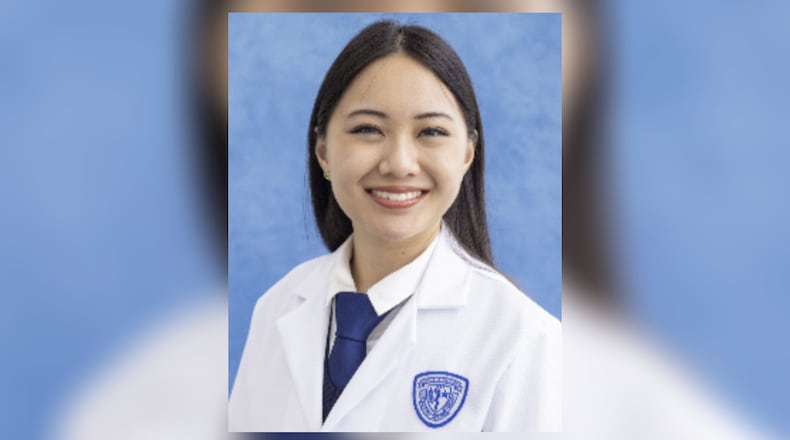Take climate change, an issue mentioned by name in the Higher Education Enhancement Act’s list of banned subjects. Before medical school, I worked in an emergency department for four years. Though I can no longer remember his name, I will always remember his sunburned face, and the day when paramedics carried him in, a local boy, no more than 8 years old. He’d passed out in his backyard from heatstroke, for how long no one knew for certain, and was found with only a faint pulse. I pray you never have to feel the snap of ribs during CPR.
In the summer of 2022, Europe reported 62,862 heat-related deaths. We’ve all heard stories of children locked in cars, but when apartments lack air conditioning and backyards lack tree cover, children have died in the false security of home.
Even our military has long accepted that the world’s climate is changing in dangerous ways that threaten our national security. Physicians should also be familiar with climate change to prepare our healthcare system for the growing epidemic of heat-related illnesses. HB 151 will ban medical schools from teaching future doctors that 1) more deadly heat waves are coming, 2) these are the ways we can educate our patients to protect themselves, and 3) that there is still time and ways to prevent even worse deadly heat waves from afflicting our patients.
Now, whether we are red or blue team, we all agree: sometimes, voters don’t have the time to monitor political candidates, and people slip through the cracks. If these elected officials argue, creating “subjects of political controversy” under HB 151′s blanket ban, why should that prohibit our future doctors, generals, and lawmakers from having those difficult discussions during their training? That will create a generation of unprepared leaders who will run our hospitals and government in a few years.
I recognize that universities can do better at navigating political divides so that ultimately, we can reach all of our patients. However, those shortcomings should not provoke such an extreme crackdown on our rights that medical schools wouldn’t even be able to touch the concept of changing global temperatures.
Education in Ohio is about to lose its First Amendment right to free speech, and the stakes could not be higher than in how we teach our doctors. If something was about to harm our patients, and we as medical students hadn’t studied hard enough to prevent it, then haven’t we, in our ignorance, failed our duty to “Do no harm?” If we refuse to teach future doctors of even the potential for politicized subjects to hypothetically harm our patients, our future doctors will swear to uphold the Hippocratic oath, but it will just be empty words.
Glory Thai is a medical student at Case Western Reserve University School of Medicine. These are her personal views and do not represent Case Western as an institution.
About the Author
